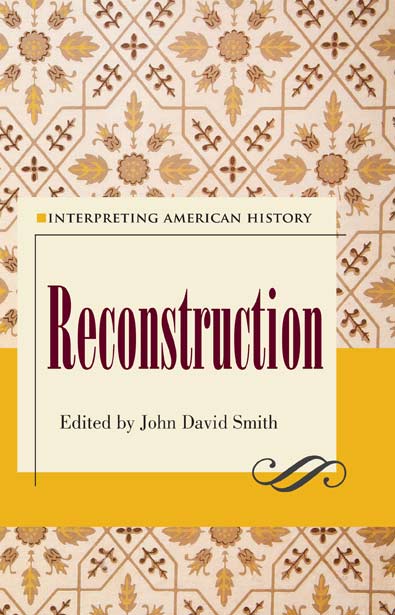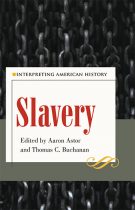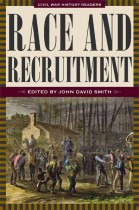Interpreting American History: Reconstruction
African American Studies, Discover Black History, Interpreting American History, U.S. History, Understanding Civil War HistoryJohn David Smith
“An exciting collection of well-written and thought-provoking chapters. … The chapters in this volume are designed to be accessible. They should not only introduce undergraduates to the scholarly literature, but also assist graduate students and postgraduate scholars who might need guidance about historiography… An excellent addition to this series. … It should be read widely and carefully.”—Evan Rothera (Penn State University) on Hnet
Writing in 1935 in his brilliant and brooding Black Reconstruction, W. E. B. Du Bois lamented America’s post–Civil War era as a missed opportunity to reconstruct the war-torn nation in deed as well as in word. “If the Reconstruction of the Southern states, from slavery to free labor, and from aristocracy to industrial democracy, had been conceived as a major national program of America, whose accomplishment at any price was well worth the effort,” wrote Du Bois, “we should be living today in a different world.”
Interpreting American History: Reconstruction provides a primer on the often-contentious historical literature on Reconstruction, the period in American history from 1865 to 1877. As Du Bois noted, this critical period in U.S. history held much promise for African Americans transitioning from slavery to freedom and in redefining American nationality for all citizens.
In topically arranged historiographical essays, eight historians focus on the changing interpretations of Reconstruction from the so-called Dunning School of the early twentieth century to the “revisionists” of the World War II era, the “postrevisionists” of the Vietnam era, and the most current “post-postrevisionists” writing on Reconstruction today. The essays treat the two main chronological periods of Reconstruction history, Presidential and Radical Reconstruction, and provide coverage of emancipation and race, national politics, intellectual life and historical memory, gender and labor, and Reconstruction’s transnational history.
Interpreting American History: Reconstruction is an essential guidebook for students and scholars traversing the formidable terrain of Reconstruction historiography.





